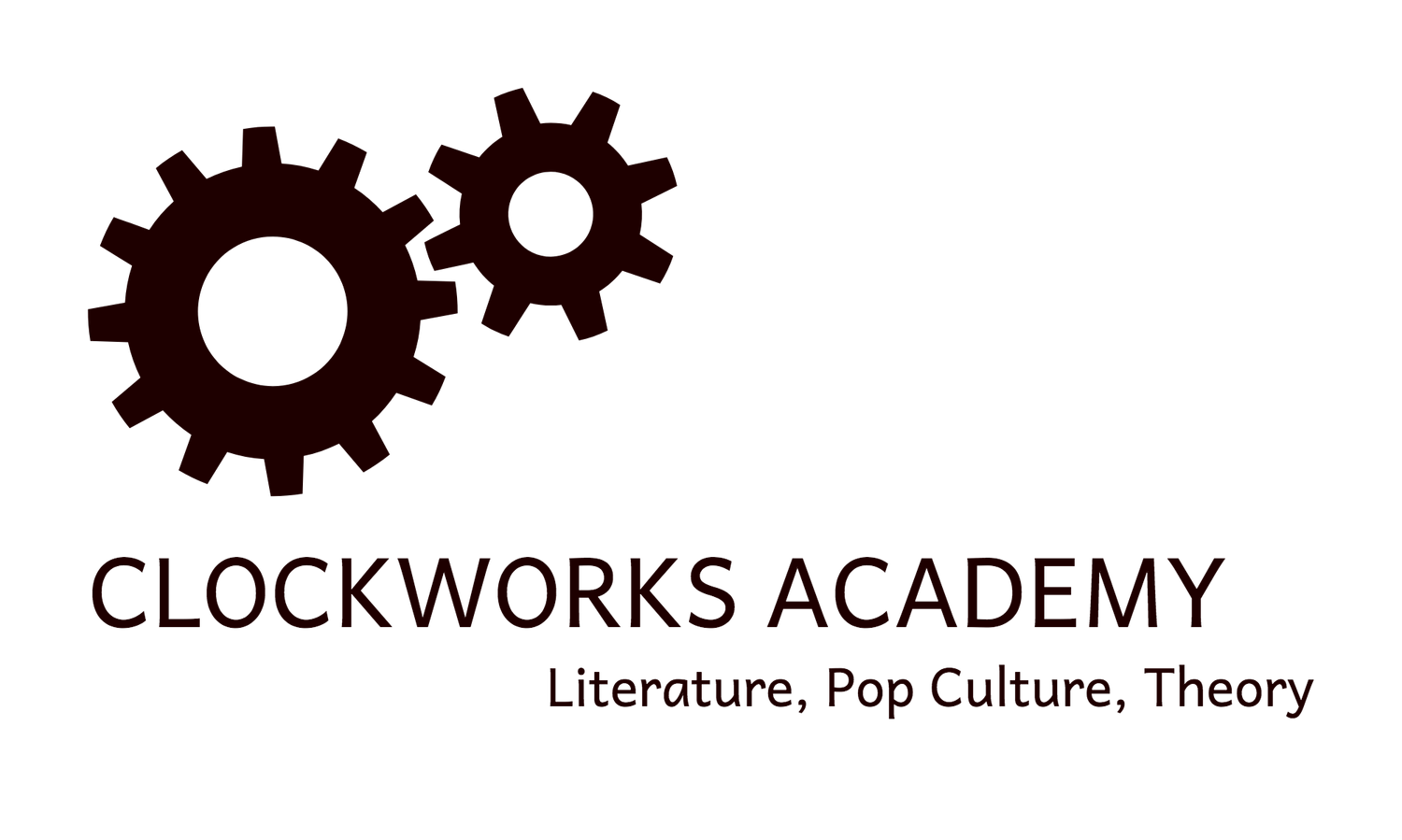Translations of Beowulf
Beowulf has been translated into modern English literally hundreds of times. Which of these many translations is the best? And how would you decide? And wait, why do we need a anyway? I thought Beowulf was English?
Allow me to answer some of these questions.
Why do we need a translation anyway?
Lets start here. If Beowulf is in English, why do we even need a translation in the first place?
Beowulf is written in Old English, or Anglo-Saxon. Anglo-Saxon, by the way, is what Old English was often called in the past, but as a term it has become increasingly co-opted and corrupted by white-supremacists, so most serious scholars have moved toward Old English instead. It is a better term for the same thing.
Now, as any linguist will tell you, the dividing lines between languages are not as clear and bright as we sometimes imagine them to be. How distinct do two languages need to be for them to be two languages instead of variations within one? There are many theories, but no straightforward answer to this question. And languages change over time. Think of Latin, which developed, over time and with small changes, into French, Italian, Portuguese, Spanish, and Romanian. There was no day when suddenly young people were speaking French and old people were speaking Latin and the two couldn’t understand each other. But although we can recognize a lot of vocabulary and grammar in common, a French speaker today doesn’t automatically speak Italian, and neither one automatically speaks Latin.
Something similar happens in English. Old English is a West Germanic language, and so is modern German, and so is modern English. Somewhere back in history there was a language that, with the benefit of hindsight we now call “proto-Germanic.” People who spoke this language travelled around western Europe and the language changed in different ways as it moved. One of those branches became eventually became German, another eventually became Dutch, and another eventually became English, and these are the three most widely spoken West Germanic languages today.
Old English eventually shifted and transformed into modern English, but it is only a litlte bit more comprehensible to modern English speakers than modern German or modern Dutch are.
If you are unfamiliar with the text of Beowulf, let me show you the first three lines:
Hwæt! Wé Gárdena in géardagum
þéodcyninga þrym gefrúnon·
hú ðá æþelingas ellen fremedon.
There are things in there that are immediately comprehensible, but they’re mostly connecting words. That will continue through the whole of the text. So at a glance it is easy to understand:
?????! We ?????? in ??????
????????? ?????????
???? ?? ????? ?????? ??????
By the way, if we translated those three lines into modern German we might get something like:
Horchen! Wir von den Gerdänen in vergangenen Jahrende
von diesen Stammekönigen von ihrer Herrlichkeit gehört.
wie diese Adligen mutige Taten vollbrachten.
and in modern Dutch it might be:
Hoor! Wij van Geer Danes in vele jaren geleden,
van die clan-koningen hoorden van hun glorie.
hoe die edelen moedige daden verrichtten.
We could probably figure out some other words, especially by comparing Old English, modern, German, and modern Dutch. So without too much effort we can probably guess:
What(?)! We Gár(?) Danes in year(?) days(?)
þéodkings þrym gefrúnon·
how the æþelingas ellen fremedon.
But without help some of these words are out of reach for most modern English speakers. What is “þéod”? Or “æþelingas”?
Most modern English speakers need a translation if we are going to read Old English.

